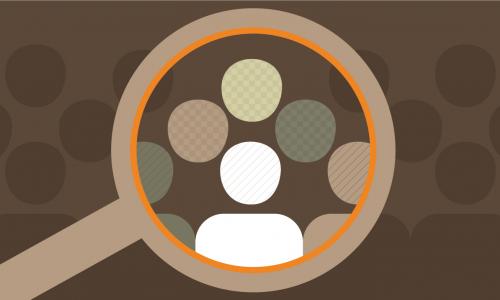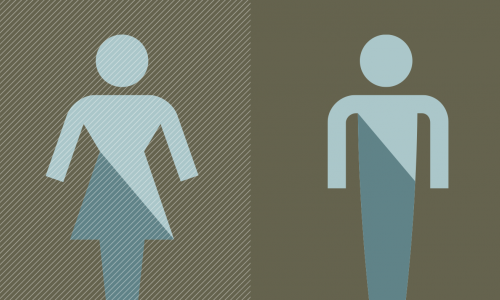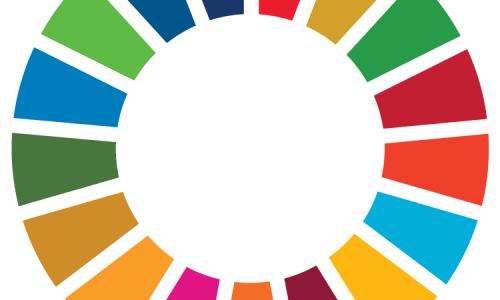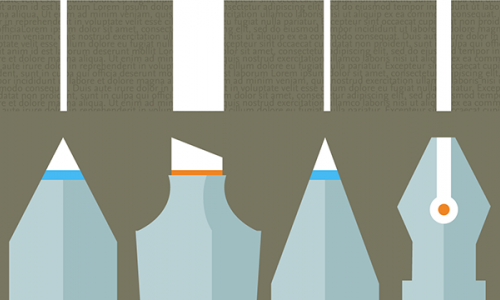Theme 6: Developing and Applying Methods of Sex/Gender Analysis in Research for SDGs
This session presents latest advances in research methods to understand when, why and how biological (sex) and socio-cultural (gender) characteristics of studied populations, and in their ecological contexts, impact on research results and differentiate quality of research outcomes for women/females and men/males.
Moderator Introducing Theme 6: 6-0 Martina Schraudner, Board Member at acatech, Professor at Fraunhofer and at Technical University Berlin, Germany
- 6-1 Holly J. Falk-Krzesinski, Vice President, Research Intelligence, Global Strategic Networks, Elsevier, USA
New analysis of the literature on SDGs to identify across which SDGs (beyond SDG5) gender research is being incorporated and where gaps may still exist - 6-2 Jenny Graves, VC's Fellow & Distinguished Professor, Ecology, Environment & Evolution, La Trobe U, Australia
Genetic studies on the differences between the sexes and what they mean for gender research and gender equity - 6-3 Londa Schiebinger, Professor, History of Science, Stanford U, and Director of the EU/US Gendered Innovations in Science, Health & Medicine, Engineering, and Environment
Intersectional perspectives in digitalisation of science and society - 6-4 Katrin Groth on behalf of the INGER study group, Scientist, German Environment Agency (UBA), Germany
Integrating sex/gender methods into human biomonitoring studies - 6-5 Shirin Heidari, Senior Fellow in Residence at the Global Health Centre at the Graduate Institute of International and Development Studies, and Chair and President of GENDRO, Switzerland
Advancing best practice for incorporation of gender analysis in health research - 6-6 Sun-Young Rieh, Professor, University of Seoul, Republic of Korea
Gender Issues in Community Design for Ageing in Place
Modules in Theme 6: Developing and Applying Methods of Sex/Gender Analysis in Research for SDGs
Theme 6 Introduction
Duration
10 m
Theme 6: Developing and Applying Methods of Sex/Gender Analysis in Research for SDGs
View webinar about Theme 6 Introduction

Gender Issues in Community Design for Ageing in Place
Duration
1 h
Theme 6: Developing and Applying Methods of Sex/Gender Analysis in Research for SDGs
View webinar about Gender Issues in Community Design for Ageing in Place

New analysis of the literature on SDGs to identify across which SDGs (beyond SDG5) gender research is being incorporated and where gaps may still exist
Duration
1 h
Theme 6: Developing and Applying Methods of Sex/Gender Analysis in Research for SDGs
View webinar about New analysis of the literature on SDGs to identify across which SDGs (beyond SDG5) gender research is being incorporated and where gaps may still exist

Advancing best practice for incorporation of gender analysis in health research
Duration
1 h
Theme 6: Developing and Applying Methods of Sex/Gender Analysis in Research for SDGs
View webinar about Advancing best practice for incorporation of gender analysis in health research

Integrating sex/gender methods into human biomonitoring studies
Duration
1 h
Theme 6: Developing and Applying Methods of Sex/Gender Analysis in Research for SDGs
View webinar about Integrating sex/gender methods into human biomonitoring studies

Intersectional perspectives in digitalisation of science and society
Duration
1 h
Theme 6: Developing and Applying Methods of Sex/Gender Analysis in Research for SDGs
View webinar about Intersectional perspectives in digitalisation of science and society

Genetic studies on the differences between the sexes and what they mean for gender research and gender equity
Duration
1 h
Theme 6: Developing and Applying Methods of Sex/Gender Analysis in Research for SDGs
View webinar about Genetic studies on the differences between the sexes and what they mean for gender research and gender equity

